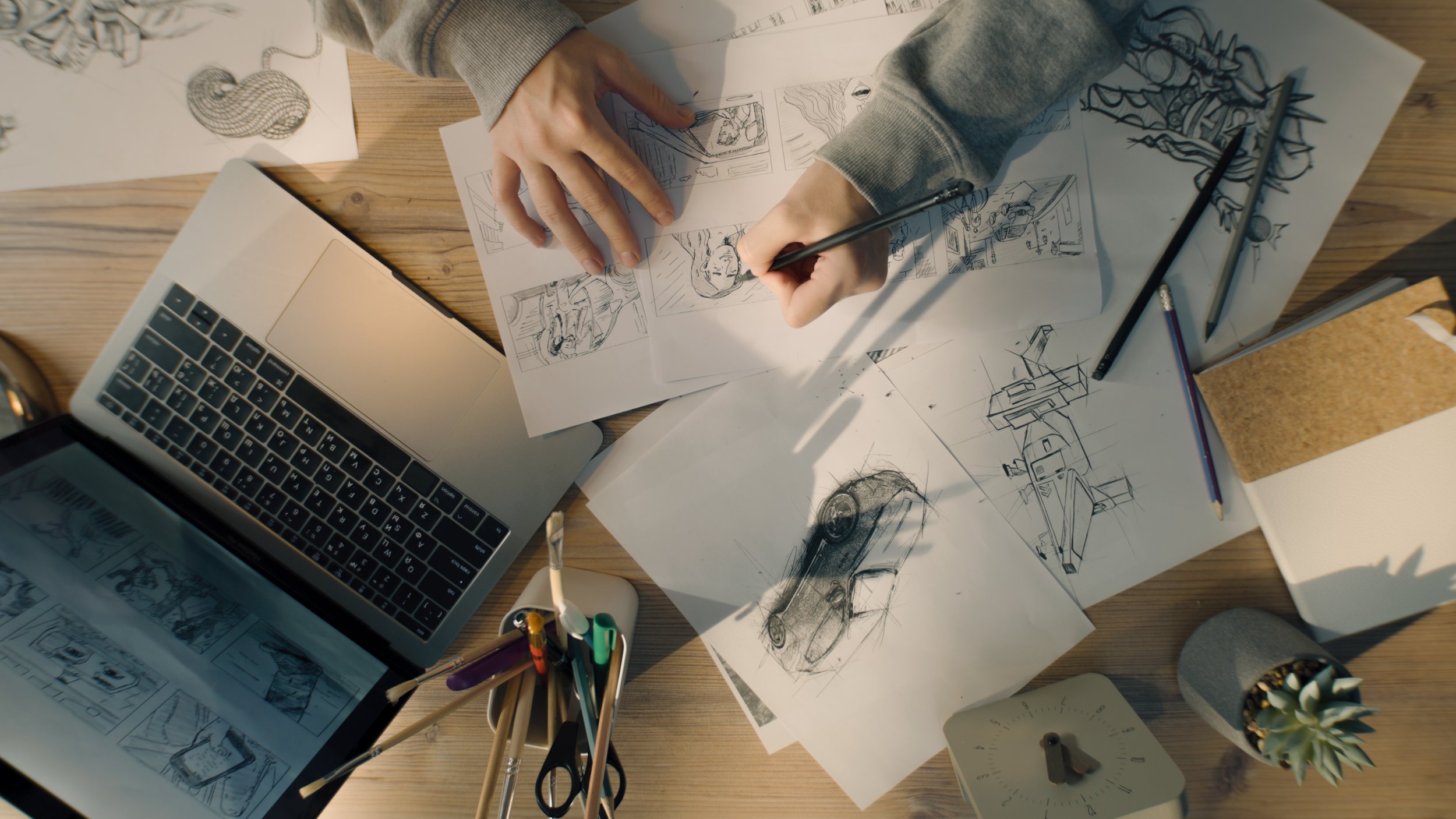
Creative Futures
Creativity Powers Innovation
Creativity fuels innovation across industries. The World Economic Forum highlights it as a top skill for the future, especially as technology evolves. Creative thinking lets people approach challenges from fresh perspectives and adapt quickly in our changing world.
Empathy Builds Stronger Connections
Research from Yale’s Center for Emotional Intelligence and CASEL shows that empathy improves social harmony, boosts trust, and eases conflict. Empathy skills enhance communication and teamwork, supporting healthier personal and professional relationships.
Creativity for Stronger Minds
Early creativity builds critical thinking, curiosity, and confidence—skills that last a lifetime. Programs like STEAM, which combines art with STEM subjects, show that creativity integrated with core subjects fosters stronger problem-solving and analytical abilities (Project Zero, Harvard; Reggio Emilia philosophy).
Teamwork for Better Solutions
Studies from Harvard Business Review and MIT Sloan show that collaborative problem-solving brings together diverse ideas, leading to more innovative outcomes. Employers everywhere—from STEM to creative industries—seek team players who co-create solutions and think outside the box.
Adaptability Through Lifelong Learning
Studies from Stanford’s d.school and IDEO show that creative problem-solving strengthens adaptability. People who engage in creative learning are better at handling uncertainty and change, both at work and in life.
Economic and Social Impact
The OECD notes that “soft skills” like creativity, empathy, and problem-solving are essential for economic growth and tackling social challenges, from tech’s effect on jobs to environmental issues. Future work will rely on creative problem-solvers ready to address these complex challenges.
